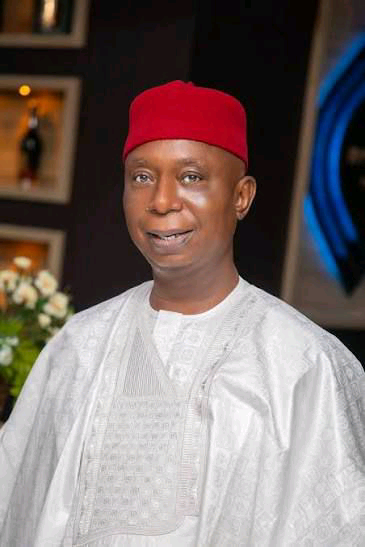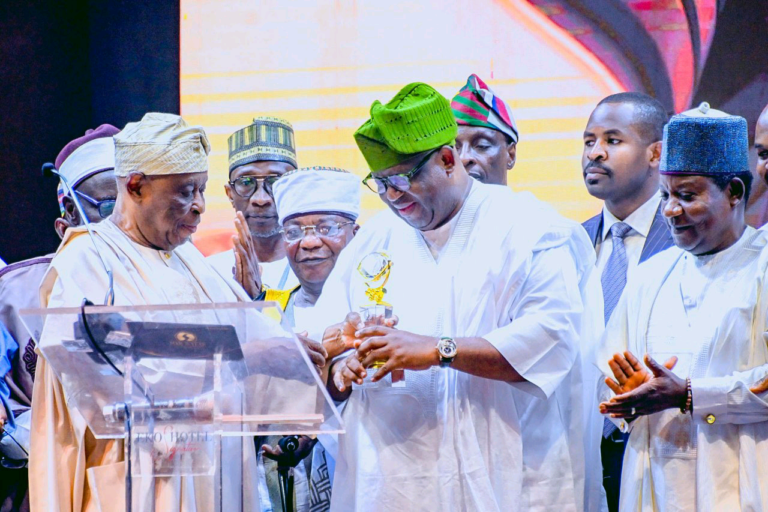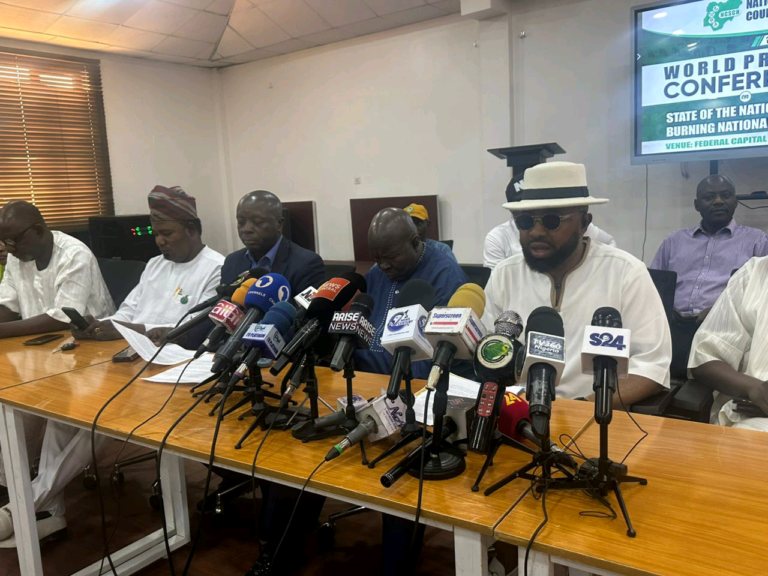
Aluta News
A 65 litres water capacity cylinder of Compressed Natural Gas (CNG) which cost N3,500 to fill, will take a car from Abuja to Kaduna, a distance of about 191km, an expert has said.
Mr Mas`ud Ya`u , an Engineer and Manager of ABG Conversion Centre, Dawaki, one of the Federal Government’s accredited CNG conversion centres in the Federal Capital Territory, disclosed this to newsmen.
The News Agency of Nigeria (NAN) reports Ya’u spoke when the Presidential CNG Initiative (PCNGi) undertook an inspection tour and distribution of CNG conversion kits to six centres in Abuja.
In an interview with newsmen after the inspection of his centre, Ya’u said: “CNG is safe, as the gas tank is fire and bullet proofed and the thickness of the tank is between 15mm and 20mm.
“”65 litres water capacity of CNG will cover 170km to 200km distance, which means it can conveniently take you from Abuja to Kaduna.
“To fill CNG of 65 litres water capacity will cost N3,500,” he said.
NAN reports that the driving distance between Abuja and Kaduna is 191km, and it takes approximately two hours 30 minutes.
NAN also reports that a car using petrol, will use approximately 20 litres of pms to cover the same distance, costing N17,940 at N897 official pump price in FCT.
Ya’u said CNG also improved engine performance and extends its longevity.
According to the Engineer, before conversion, if it takes three months to service a car, after conversion it will extend to five months before servicing without affecting the oil viscosity.
Ya’u said the CNG conversion process is a division of labour and they usually convert about four cars in a day at the centre.
“The process involves installation of the kits in the engine with gas cylinders in the trunk of the vehicle.
“We also conduct detailed inspection to determine if the car is standard enough for conversion,” he said.
At Mijo Gas Auto, another conversion centre in FCT, the head of the centre, Mr Gaurav Goyal, described CNG as very safe and clean.
“We want every Nigerian to go green. CNG is a good initiative for bringing down the price of PMS, with a spiral effect of reduction in prices of foods, commodities and other items,” he said.
Speaking at another conversion centre, Udechukwu Ejike, a Bolt driver whose car is being worked on said: “I’m doing this because petrol price is higher than CNG.
“For instance, in a day, I buy petrol of about N25,000 to N30,000, but with CNG I am to spend between N3,500 and N7,000.
“I am happy with this initiative, and I advise everyone to consider converting their vehicles from petrol usage to CNG. It is very cheap and good,” he said.
NAN reports that the six conversion centres inspected by the team are, NIPCO Oil and Gas Station Airport Road, Kia Motors at Utako, Mijo Gas Auto in Jahi, ABG CNG, Kubwa, Bovas Filling station, Wuse Zone 5 and C&L Mart Energy Solutions Ltd at Lokogoma.
Earlier, Mr Micheal Oluwagbemi, leader of the inspection team and Programme Director, Presidential CNG Initiative (PCNGi) said the programme would provide cheaper and cleaner vehicle fueling alternative for Nigerians.
“President Bola Tinubu has assured that we are making one million conversion kits available for free to the commercial sector and at reasonable discounts for the private vehicles.
He said Nigeria had been subsidising petrol to the tune of 10 billion dollars a year, consistently in the last 15 years and every single dollar of that had been borrowed.
“A country that has the largest gas reserve in the world, should has no business consuming petrol and diesel to the level we are doing,” he said.
Oluwagbemi assured that the initiative would address the economic sabotage of smuggling petrol across the nation’s borders.
NAN





